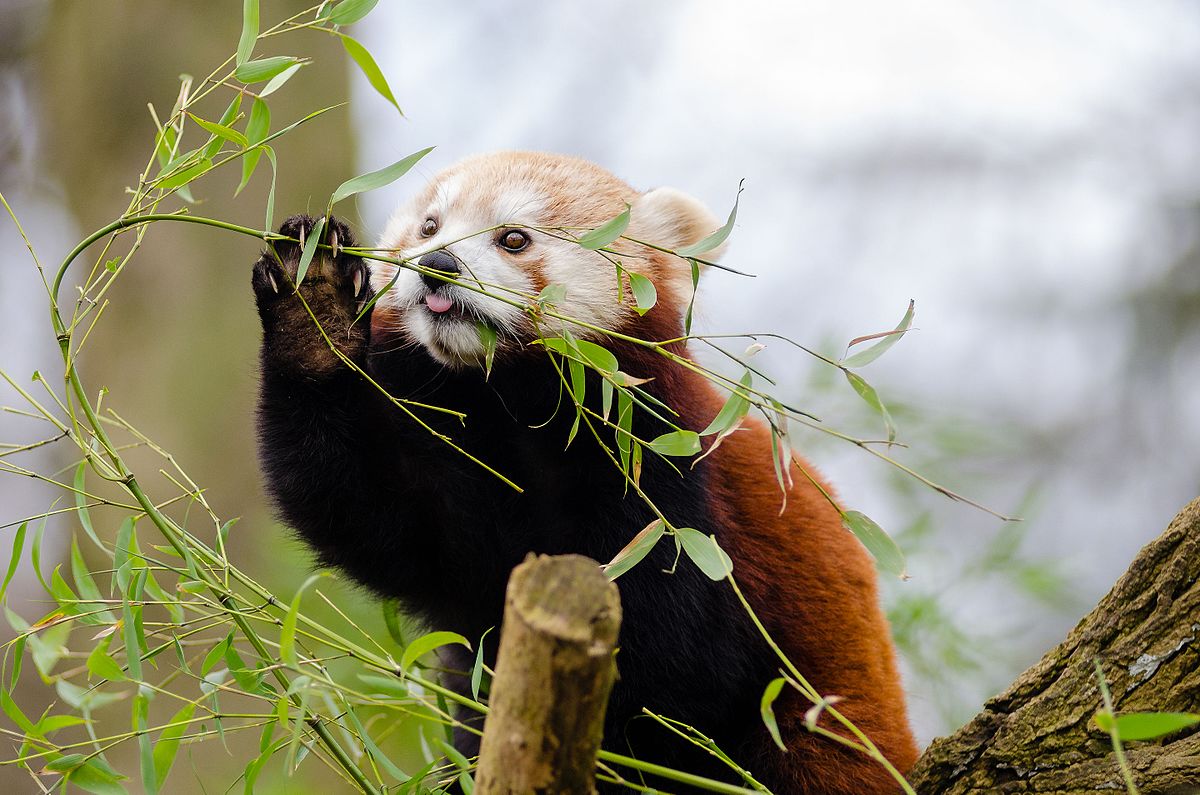The Great Escape – why policies are important for animal welfare
The recent news that a red panda had escaped from Belfast Zoo in the UK, highlights the importance of zoos having comprehensive escape plans and policies in place. We have no doubt that Belfast Zoo had such a plan in place, but the news gave us reason to look at how Wild Welfare addresses zoo escape policies when we are carrying out welfare assessments at facilities around the world.
Luckily for Belfast Zoo and the panda’s relieved keepers, it was found alive and well and is consequently securely back at the zoo, no doubt the wiser for its escapades. How a zoo acts and reacts to an animal escape can often mean the difference between life or death for that animal.
This is why, within Wild Welfare’s welfare assessment and auditing programmes, we include detailed questions on whether a zoo has proper escape policies and how often they are practised. We are sometimes met with a questioning look when we approach this topic, as it may not seem an obvious operational activity that impacts an animal’s welfare, but a good escape plan can reduce the risk of causing undue stress and injury when attempting to recapture an animal, and of course hopefully prevent its death.
As part of our audit programme we identify whether there is a written emergency protocol for managing animal escapes and if all procedures are fully understood by all staff, and are periodically practised, assessed and documented in an appropriate manner by senior staff members. We check whether the protocols comply with relevant local and national legislation, and we check to see how such escapes are documented. Records are everything when it comes to maintaining high standards of animal care and we make a particular point of looking at the records, making sure that what we are being told matches with what we are being shown.
If it is deemed necessary to euthanise an escaped animal, we check that all other avenues have been investigated first, taking into consideration the safety of the animals, staff and public and ensuring any euthanasia protocols minimise animal suffering as much as possible. Finally, we check if there are emergency protocols covering fire, extreme weather, natural disasters, and other such catastrophes that may relate to an animal escape and suitable and effective contingency plans are in place for these.
Animal escapes from zoos can be minimised by ensuring enclosure construction and design encourages an animals’ natural behaviours, but prevents or deters escape attempts. Regular monitoring of animal’s behaviour and enclosure management can mitigate escape chances, but unfortunately sometimes they can still happen. So, being prepared and practising protocols is an important part of everyday operational duties for all zoos.
~ENDS~
Notes to Editors
For more information or interview requests please contact Wild Welfare on communications@wildwelfare.org
Wild Welfare is a global organisation committed to improving animal welfare for captive wild animals. By uniting the world’s leading zoos, zoo associations and animal welfare organisations, we build trusting partnerships that help provide long-term solutions to critical wild animal welfare issues.
Our vision is to end the suffering of captive wild animals around the world and ensure full and sustainable protection is given to all animals in human care. Find out more at www.wildwelfare.org. Registered charity in England (no.1165941).
Image © Mathias Appel (CC0), via Wikimedia Commons: A red panda in a tree





